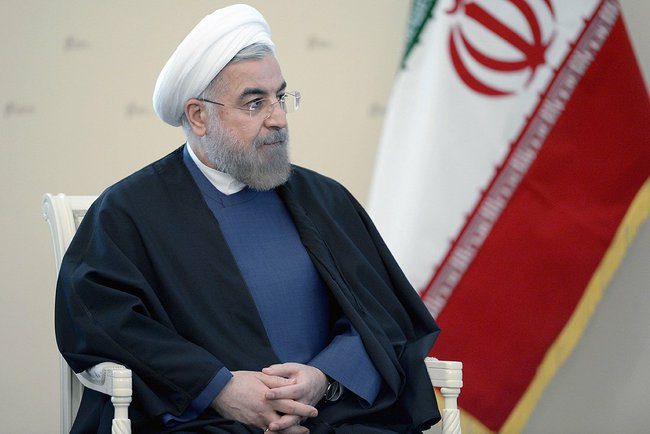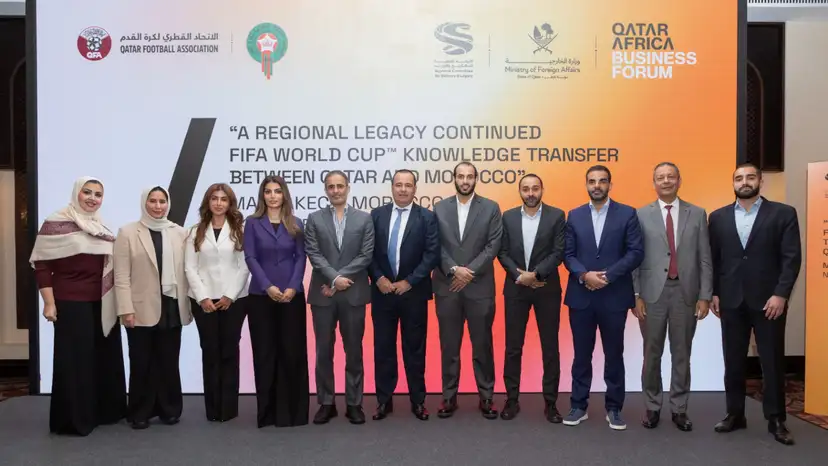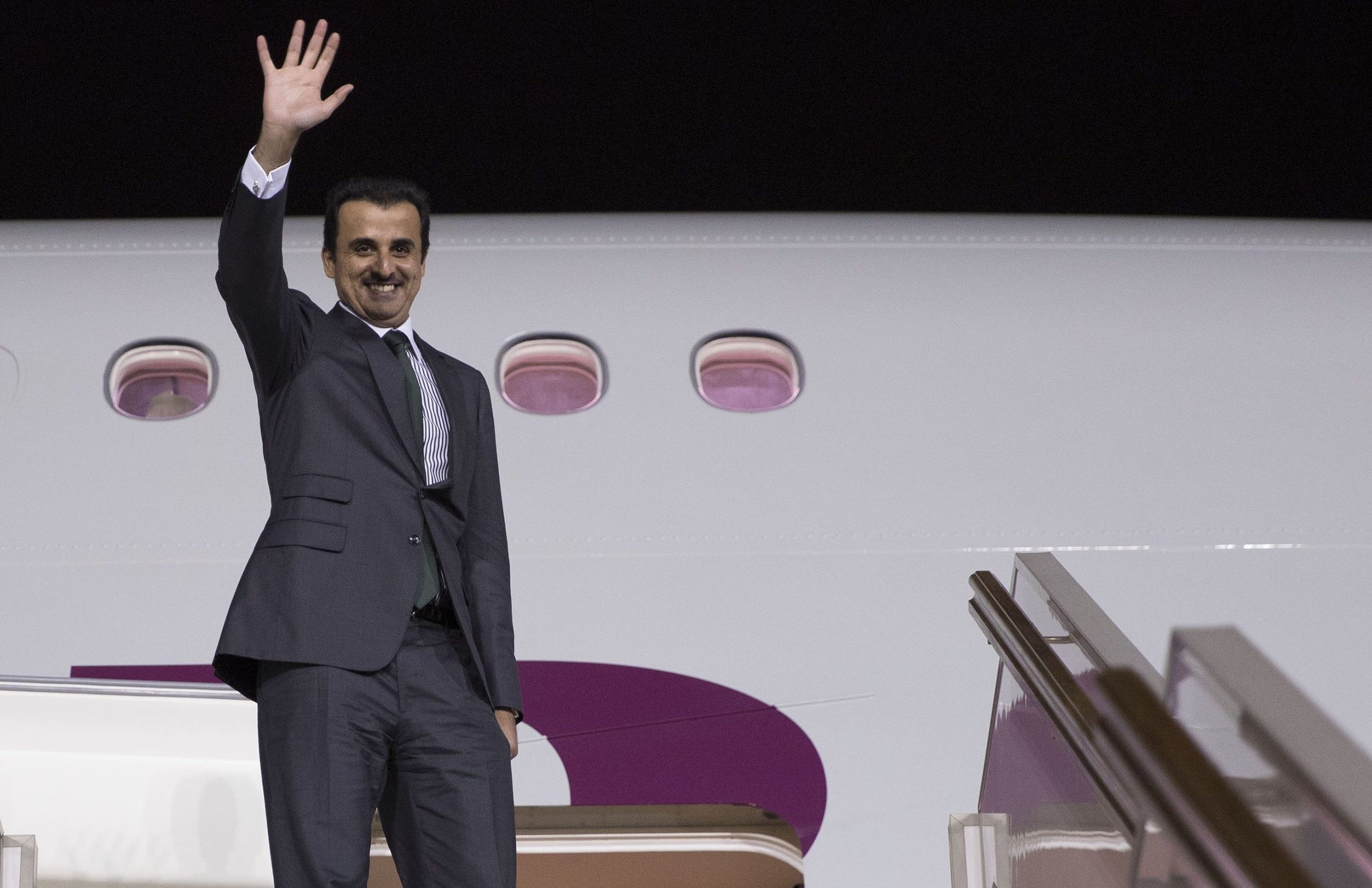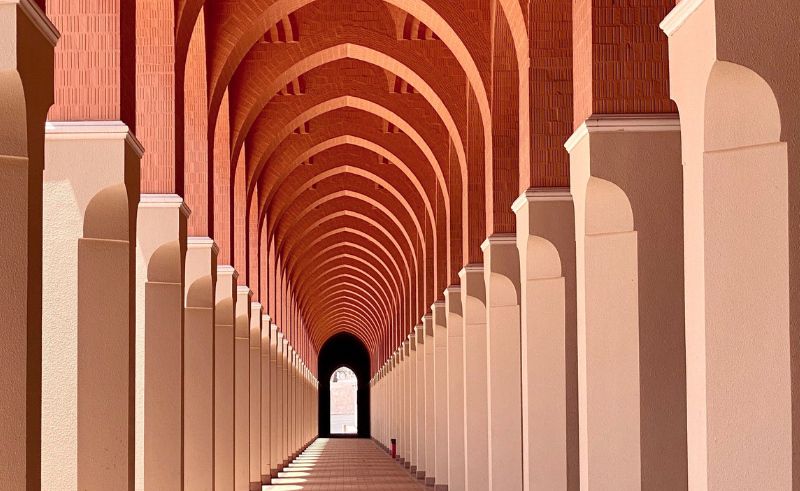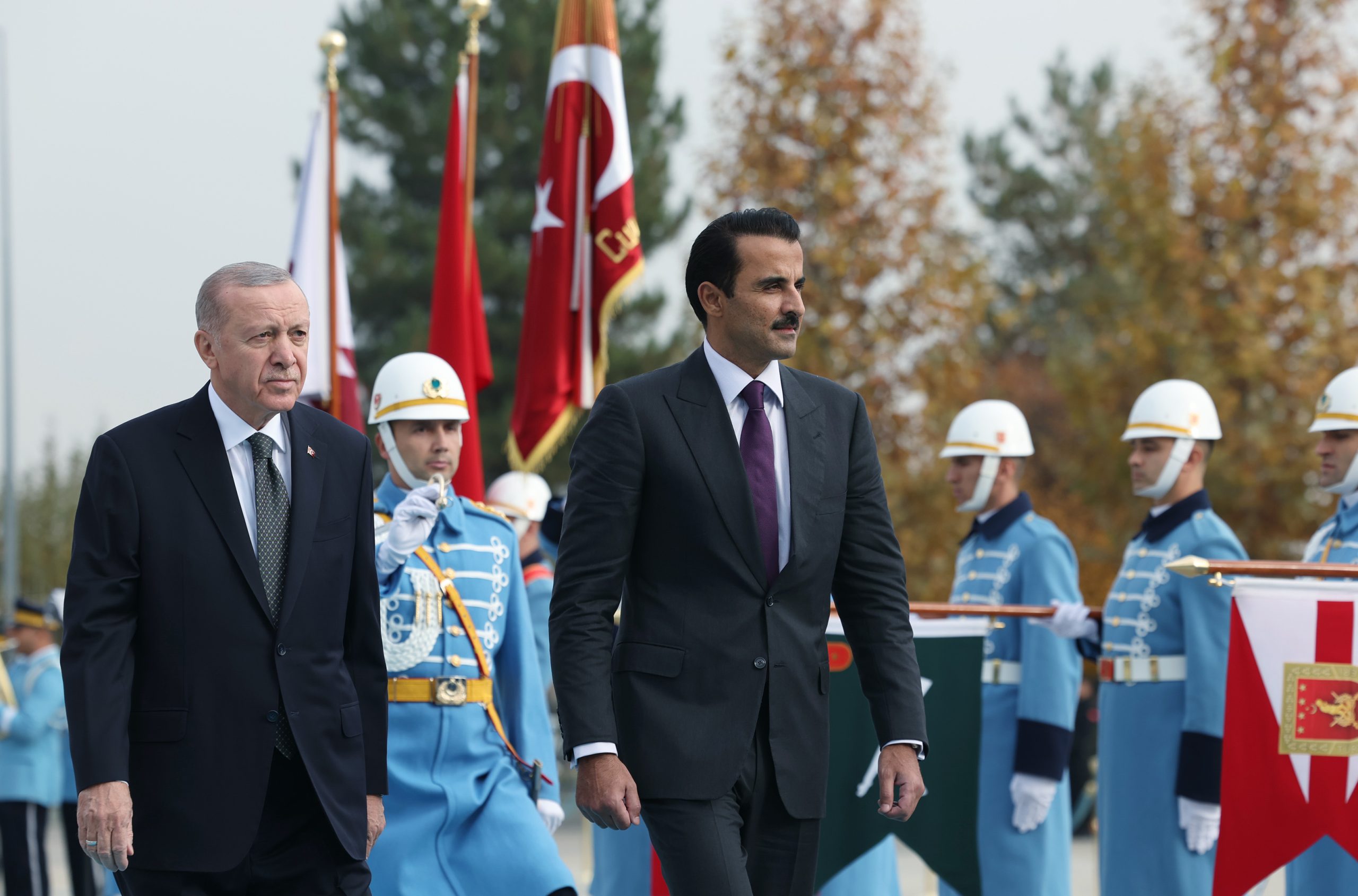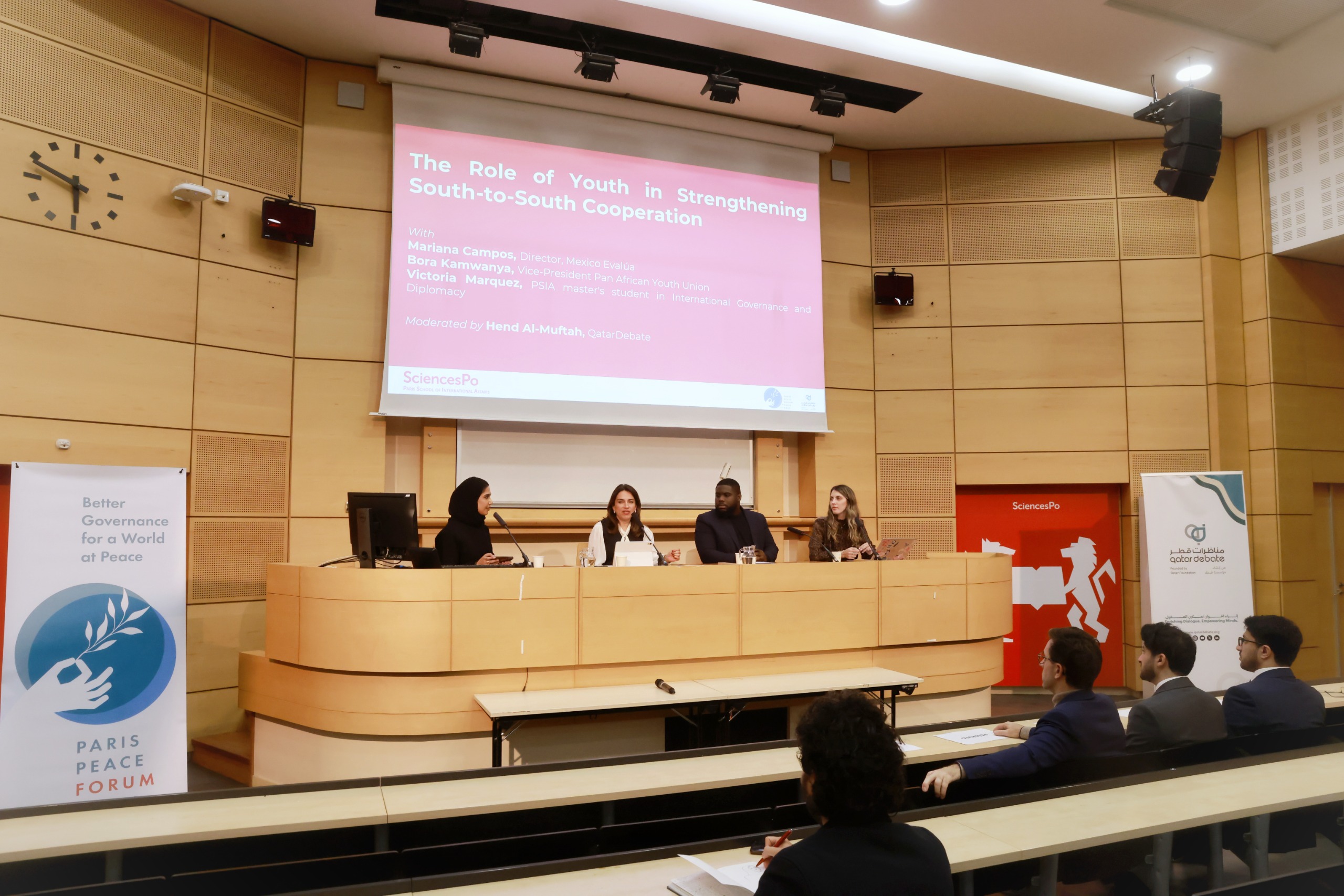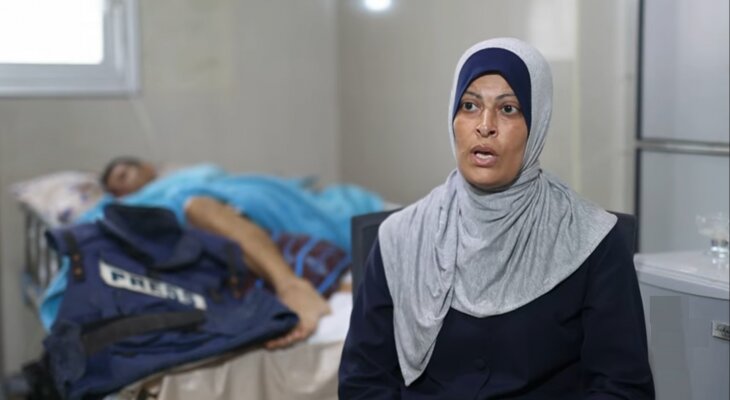The next Vienna meeting will take place on Friday, with hopes to revive the nuclear deal.
The first Austria P5+1 meeting saw saw positive steps toward reviving the nuclear deal, with the US and Iran agreeing to form two working groups to ensure compliance with the historic accord, the New York Times [NYT] reported on Tuesday.
“There’s unity and ambition for a joint diplomatic process with two expert groups on nuclear implementation and sanctions lifting. As the coordinator of the commission, I will intensify separate contacts here in Vienna with all relevant parties, including the US,” tweeted Enrique Mora, who led Tuesday’s meeting.
According to NYT, one group will focus on measures to ensure Washington’s return to the accord as well as lifting of sanctions on Iran while the other is expected to focus on ensuring Iran complies with the deal by limiting its uranium production.
The next round of indirect Vienna discussions between the US and Iran will take place on Friday, Reuters reported, noting the UN Security Council’s five permanent members [P5+1]: China, France, Russia, the United Kingdom, and the United States; plus Germany will be in attendance.
Iran has refused to hold direct talks with the US until Washington fully lifts all sanctions that were imposed on the Islamic Republic when former US President Donald Trump withdrew from the accord in 2018.
Instead, Tehran, represented by Deputy Foreign Minister Abbas Araghchi, met with members of the deal under the chairmanship of the European Union [EU] in Vienna.
This came after Tehran on Friday called for the complete lifting of the sanctions and rejected any step-by-step process.
“The definitive policy of the Islamic Republic of Iran is the lifting of all US sanctions, whether those which Trump reimposed after withdrawing from the JCPOA or those which he initiated, as well as sanctions imposed under any other heading,” Saeed Khatibzadeh, spokesman for Iran’s Foreign Ministry, told Press TV on Saturday.
Read also: US, Iran to hold indirect talks on nuclear deal in Vienna
Since coming into power, President Joe Biden has expressed his willingness to return to the deal, which had initially came into effect during his time as vice president to President Barack Obama in 2015.
The move to revive the deal is seen as part of a set of policies being reversed by the Biden administration after Trump’s tumultuous four-year term.
Qatar has offered to mediate between the US and Iran to ensure regional stability. The Gulf state has held talks with the ambassadors of France, Germany and the UK in February in efforts to push for the restoration of the deal.
Qatar’s foreign minister Sheikh Mohammed bin Abdulrahman Al-Thani said Doha will “spare no efforts” in its mediation between the two states.
“We hope that with the return of the US to the nuclear deal as soon as possible, challenges and sanctions can be alleviated within the framework of the deal, and Qatar will not spare any efforts to make that happen,” Al Thani said during the first high-level talks in Tehran on February 15th.
However, while there are current signs of progress, the state of mistrust between the two countries is expected to serve as a hurdle in the revival of the deal.
“The restoration of #JCPOA will not happen immediately,” tweeted Mikhail Ulyanov, the Russian representative and ambassador to international organisations in Vienna.
“It will take some time. How long? Nobody knows. The most important thing after today’ meeting of the Joint Commission is that practical work towards achieving this goal has started,” he added on Tuesday.

